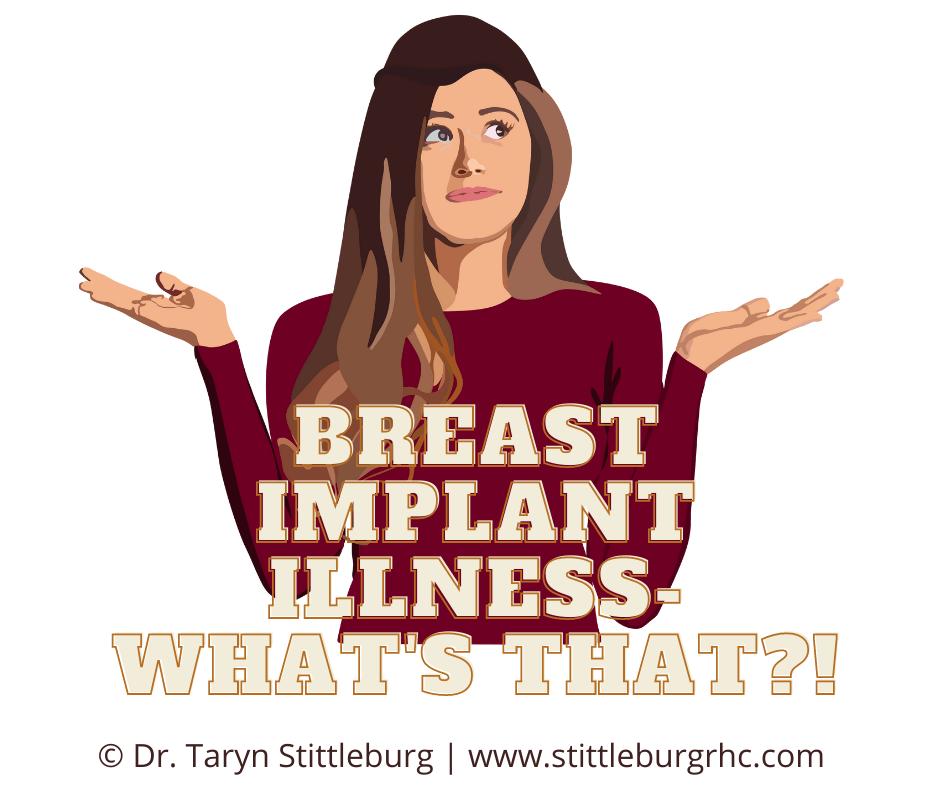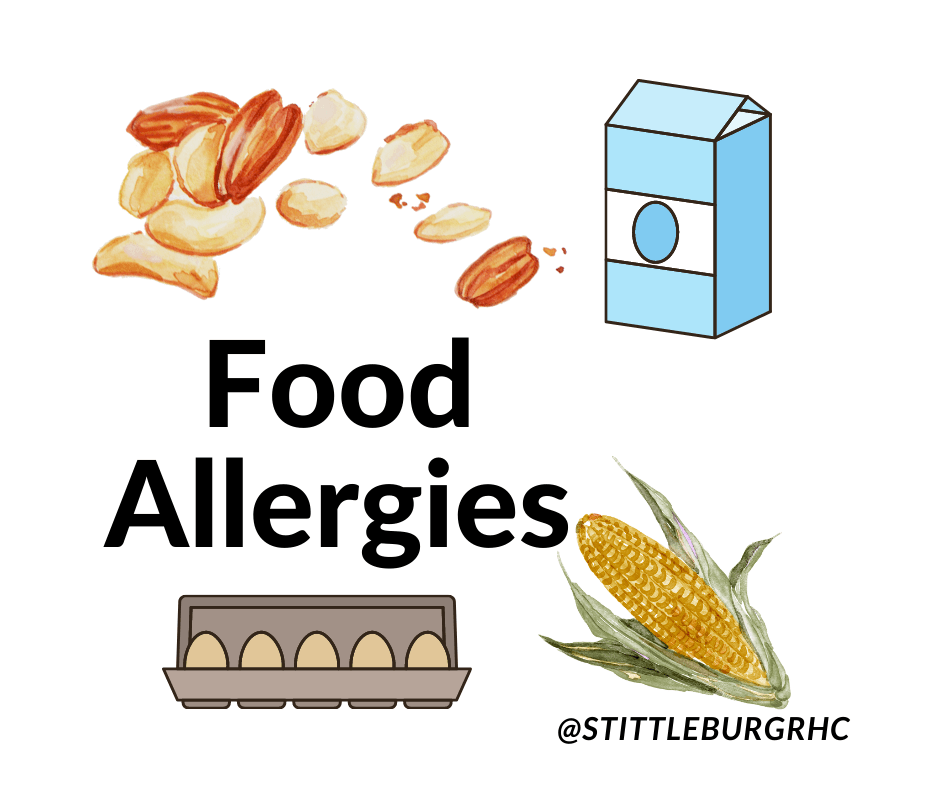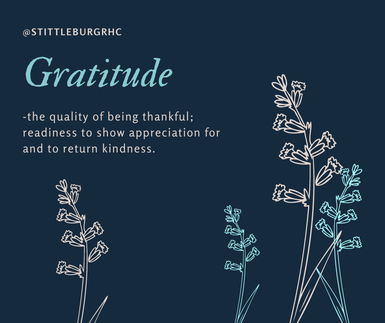Let's talk estrogen, again!
Let's talk estrogen, again!
I know I have already touched on estrogen in https://www.stittleburgrhc.com/lets-talk-estrogen BUT there's so much more to estrogen AND it's vital in women's health.
This blog is going to be specifically about estrogen dominance.
Estrogen induced inflammation may be the reason why women account for 75% of all autoimmune diseases. *Read that again*
Excess estrogen can cause inflammation in the body and push the immune system to make too many antibodies. Women make up SEVENTY-FIVE percent of ALL autoimmune diseases- women deserve better.
Estrogen is not a single hormone, it's a complex hormone. It is a class of hormones and hormone like compounds that have estrogenic properties. There are human estrogens, synthetic estrogens, animal estrogens, phytoestrogens, and xenoestrogens. Estradiol, estrone, and estriol are the three human estrogens- they belong to the steroid hormone family.
As Functional Medicine University explains, '"Estrogen dominance" is a term coined by Harvard physician John R. Lee M.D. It describes a condition where a woman can have deficient, normal, or excessive estrogen but the body has little or no progesterone to balance its effects."
Signs and symptoms of estrogen dominance include:
- Speeds up the aging process
- Weight gain around the middle
- Allergies
- Autoimmune disorders
- Breast cancer
- Breast tenderness
- Cold hands and feet as a symptom of thyroid dysfunction
- Decreased sex drive
- Muscle and joint pain
- Depression
- Dry eyes
- Early onset of menstruation
- Uterine cancer
- Fat gain in abdomen, hips, and thighs
- Fatigue
- Fibrocystic breasts
- Foggy thinking
- Hair loss
- Headaches
- Hypoglycemia
- Increased blood clotting
- Infertility
- Irregular menstrual periods
- Insomnia
- Memory loss
- Mood swings
- PMS
- Ovarian cysts
- Pre-menopausal bone loss
- Sluggish metabolism
- Thyroid dysfunction
- Uterine cancer
- Uterine fibroids
- Water retention and bloating
You shouldn't have to struggle before menopause, through menopause, or after menopause. You shouldn't have to struggle before your hysterectomy or after your hysterectomy. There is hope and there is help.
Quick Fact: Too much estrogen can cause Hypothyroidism (low thyroid) in two ways: it can inhibit the conversion of T4 to T3 and it can bind to thyroid hormones from its own receptors.
What causes estrogen dominance?
Well, besides the typical hormonal fluctuations of menopause, certain lifestyle choices, diet, and conditions can also contribute to estrogen dominance syndrome. For example, a low-fiber diet, overloading the liver with internal toxins, and absorbing toxins from the environment. Women live a very different lifestyle now-a-days. It's constant stress- how you look, what you drive, do you be a stay at home mom, do you work, how do your kids look, do I look fat in this, how do I contour, what makeup should I use..... It never ends. The toxins just continue, and continue, and continue. Women are in a fight or flight response, continually.
Your liver cannot keep up!
"The liver is a filter of sorts. It detoxifies our body, protecting us from the harmful effects of chemicals, elements in food, environmental toxins, and even natural products of our metabolism, including excess estrogen.
Anything that impairs liver function or ties up the detoxifying function will result in excess estrogen levels, whether it has a physical basis, as in liver disease, or an external cause, as with exposure to environmental toxins, drugs, or dietary substances.
Estrogen is produced not only internally but also produced in reaction to chemicals and other substances in our food. When it is not broken down adequately, higher levels of estrogen build up."
Our Standard American Diet (SAD) is just that, sad. Having our diets rich in animal fats, refined starches, sugar, and processed foods- it can lead to
estrogen levels in women
twice that of women in third-world countries. Foods high in estrogen include soybeans, tofu, soy milk, bran cereals, alfalfa sprouts, dried fruit, especially dried apricots, dates, and prunes, flaxseed, sesame seeds, chickpeas, beans and peas.
We are consistently exposed to xenobiotics (petrochemicals), xenohormone-laden meats and dairy products, forms of pollution, and synthetic hormones ('The Pill'). It's not surprising that estrogen dominance has become an epidemic in America.
What we don't recognize is- over exposure to these potentially dangerous substances have significant consequences, like passing on reproductive abnormalities to children.
Every human being is the author of his own health or disease-
let us help you get back to health. Please, contact us today!
-Dr. Taryn
References:
Environ Health Perspect. 1999 Oct;107 Suppl 5:681-6.Gender and risk of autoimmune diseases: possible role of estrogenic compounds.Ahmed SA1, Hissong BD, Verthelyi D, Donner K, Becker K, Karpuzoglu-Sahin E.
Endocr Rev. 2007 Aug;28(5):521-74. Epub 2007 Jul 19.The complex role of estrogens in inflammation.Straub RH.
Functional Medicine University. Dr. Ronald Grisanti, D.C., D.A.B.C.O., D.A.C.B.N., M.S., CFMP











Share On: